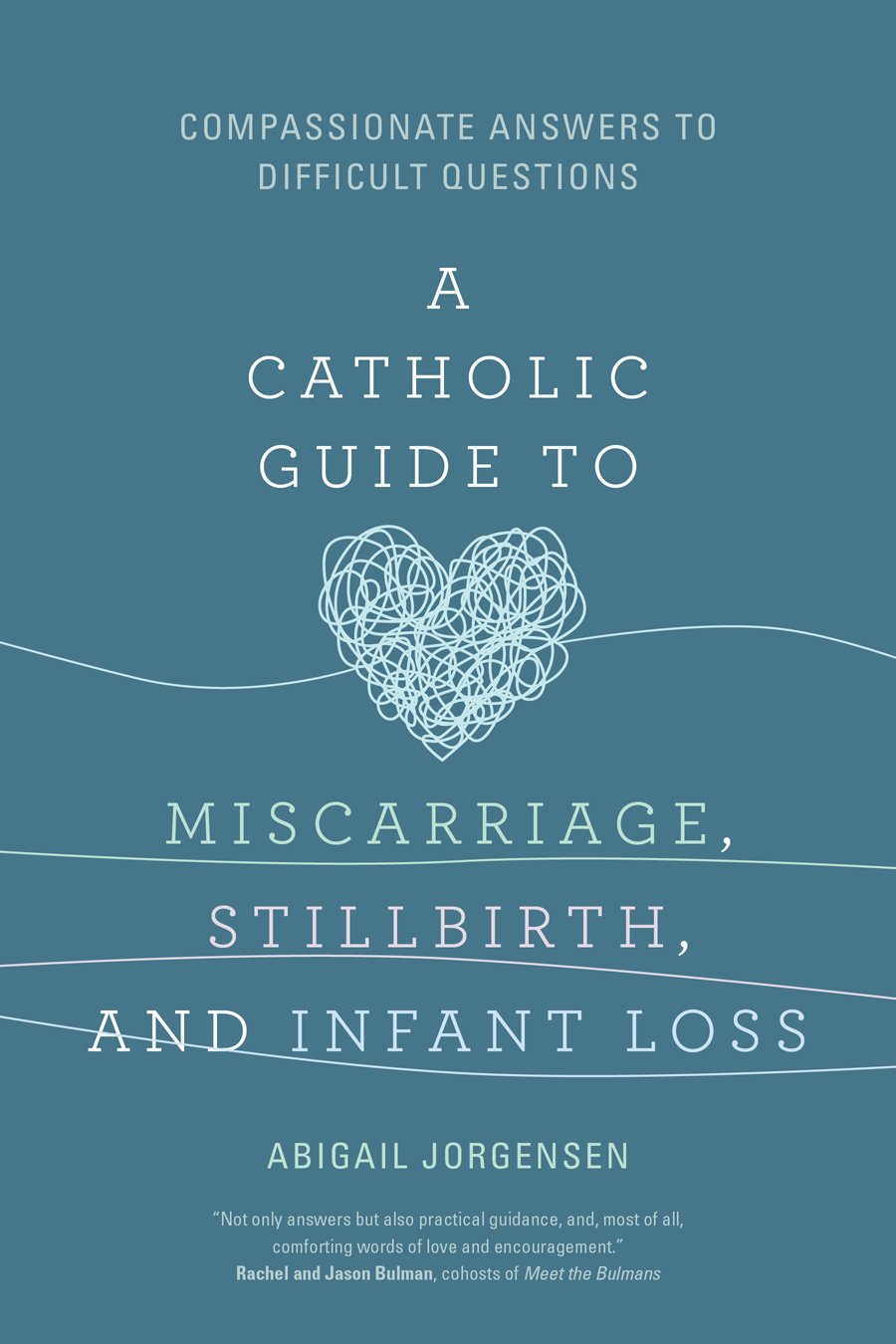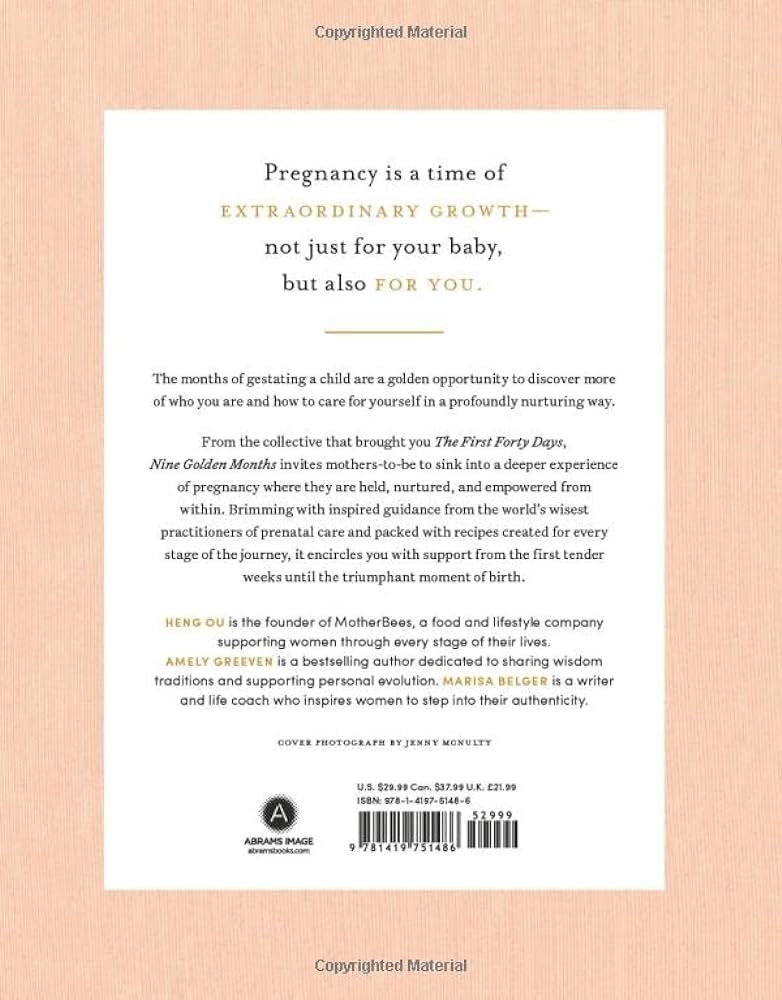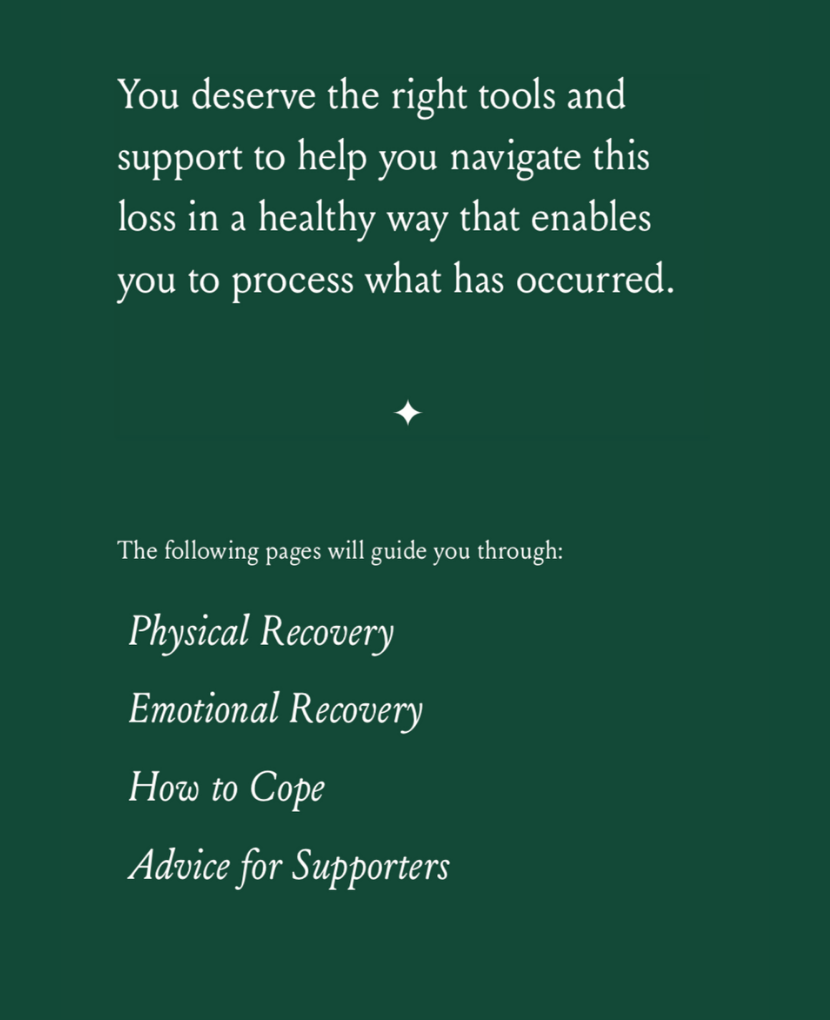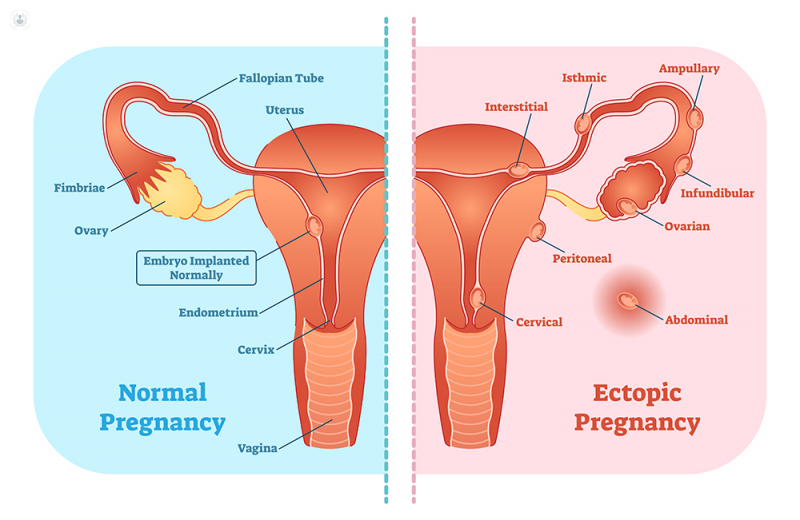Signs of a miscarriage starting often include vaginal bleeding and abdominal cramps. You may also experience back pain and a decrease in pregnancy symptoms.
Experiencing a miscarriage can be an emotionally and physically challenging event for any expectant mother. Vaginal bleeding, ranging from light spotting to heavier periods, is typically the first indication of a miscarriage. Accompanying this, abdominal cramps that resemble menstrual pains can occur, signaling changes in the uterus.
As discomfort extends, some women report lower back pain, a common yet distressing symptom. Moreover, a noticeable decline in pregnancy-related symptoms, such as nausea or breast tenderness, might suggest potential complications. It is crucial to consult a healthcare provider immediately upon noticing any of these signs to receive appropriate care and guidance. Every woman’s experience can differ, making individualized medical attention essential for both physical health and emotional support.
Recognizing Early Miscarriage Symptoms
A miscarriage is a difficult event to anticipate, but understanding the early signs can provide crucial insights. Recognizing these symptoms early helps in seeking prompt medical attention. The following sections detail key symptoms that could suggest the onset of a miscarriage.
Spotting Or Bleeding: First Alarming Signals
Spotting or light bleeding can often be the first signal that a miscarriage might be starting. While it’s not always a cause for alarm, it’s important to take note of any unexpected bleeding. Here are some specifics:
- Color: Can range from light pink to dark brown or red.
- Consistency: Might be just a few drops or a heavier flow similar to a period.
- Duration: Intermittent or continuous over several days.
If you notice any bleeding, it’s wise to consult with a healthcare professional promptly.
Cramping And Pain: Understanding The Discomfort
Alongside bleeding, cramping and pain in the abdomen, lower back, or pelvic area can be indicative of a miscarriage. The discomfort can vary, but pay attention if you experience:
- Intensity: From mild to severe, similar to menstrual cramps.
- Type: Dull, sharp, or stabbing pain.
- Location: Lower belly or back, can spread to the entire pelvic area.
Such symptoms should prompt a visit to your healthcare provider, especially if the pain persists or worsens.

Credit: hersmartchoice.com
Hormonal Changes And Miscarriage
Understanding miscarriage symptoms can be crucial for expectant parents. Hormonal changes play a pivotal role in maintaining a healthy pregnancy. When these hormone levels are not optimal, they can signal the start of a miscarriage.
Drop In Hcg Levels: The Hormonal Indicator
The hormone known as human chorionic gonadotropin (hCG) increases rapidly in early pregnancy. A decrease in hCG can be a clear hormonal sign that a miscarriage is beginning.
- Blood tests measure hCG levels.
- Persistently low or dropping levels may indicate a problem.
- A doctor should confirm any changes with multiple tests over several days.
Progesterone Fluctuations: Impact On Pregnancy
Progesterone is another key hormone during pregnancy. It supports the uterine lining and helps maintain the embryo.
| Progesterone Levels | Effect on Pregnancy |
|---|---|
| Normal | Supports healthy embryo growth |
| Low | Potential risk for miscarriage |
Sudden drops in progesterone can endanger the pregnancy. Symptoms such as spotting or cramping can accompany these hormonal fluctuations.
Physical Manifestations Of A Miscarriage
Recognizing the signs of a miscarriage is crucial. The body gives signals when something is amiss. It’s important to understand these physical manifestations. Awareness can help in seeking timely medical attention.
Tissue Or Clot Passage: Distressing Evidence
A clear sign of miscarriage can be the passage of tissue or clots. This experience is distressing but a vital clue. The substance passed may vary in size. It often resembles large blood clots or, in later stages, fetal tissue.
Here’s what to look out for:
- Color: Pink, red, or even a grayish hue.
- Consistency: Thick clots that differ from normal menstrual flow.
- Size: These can range from small to large.
If you observe such signs, contact your healthcare provider immediately.
Loss Of Pregnancy Symptoms: Subtle Clues
Symptoms such as nausea, breast tenderness, or fatigue, might suddenly reduce or cease. This loss is often a subtle clue of a miscarriage. Many women report a distinctive change in how they feel.
Monitor your body for such shifts:
| Symptom | Pre-Miscarriage Change |
|---|---|
| Morning Sickness | Abrupt end to nausea |
| Breast Tenderness | Reduction in sensitivity or swelling |
| Energy Levels | Sudden resurgence of energy |
These changes might indicate a possible miscarriage, so it’s essential to seek guidance from your doctor.

Credit: en.wikipedia.org
When To Seek Medical Attention
Recognizing the warning signs during early pregnancy is crucial. Spotting or light bleeding can be common. Yet, specific symptoms demand immediate medical care. Knowing when to seek help is vital for your health. There is no such thing as being too cautious.
Duration And Intensity Of Bleeding: When To Worry
- Light bleeding for a day might not be a concern.
- Heavy bleeding, like a period, is a red flag.
- Passing clots or tissue signals a need for immediate care.
- Bleeding that lasts longer than 24 hours requires a doctor’s visit.
Severe Abdominal Pain: A Sign To Act Fast
Intense stomach pain is not normal. It could mean your body is struggling. Don’t wait to see if it passes. Quick action can save lives. Contact a healthcare provider right away if you experience:
- Sharp, recurring pains in your abdomen.
- Pain accompanied by bleeding or fever.
- A sudden increase in discomfort or cramping.
Psychological And Emotional Impact
The onset of a miscarriage can unleash a storm of complex emotions. Understanding and addressing the psychological and emotional impact is just as crucial as managing the physical aspects. Strong feelings may surface, and it’s essential to recognize them and seek support.
Grief And Loss: Navigating Emotional Turbulence
Miscarriage often triggers profound grief, akin to losing a loved one. The emotional toll can manifest in many ways:
- Sadness may feel overwhelming.
- Anger can arise, directed inwardly or at others.
- Confusion and indecision might cloud your thoughts.
- Isolation can occur as you process your loss.
- Anxiety about the future and subsequent pregnancies is common.
Each person’s journey through grief is unique, but recognizing these emotions is the first step towards healing.
Support Systems: Reaching Out For Help
During this trying time, having a circle of support is invaluable. Here’s how to lean on others:
- Tell close family and friends how you feel and what you need.
- Consider professional counseling or join support groups to find solace in shared experiences.
- Seek online communities for convenience and anonymity.
Accepting assistance is not a sign of weakness. It’s an important part of the healing process, offering comfort and understanding as you navigate your emotional recovery.
The Path To Recovery After Miscarriage
The loss of a pregnancy is an emotional rollercoaster. Recovery involves both the body and the mind.
Physical Healing: Body’s Road Back To Normalcy
Post-miscarriage, the body undergoes significant changes. Physical recovery may vary for each individual. It often includes the following:
- Restoration of menstrual cycle
- Decrease in pregnancy hormones
- Repair of the uterine lining
These steps need time. Follow healthcare advice closely for a smooth transition.
Emotional And Psychological Aftercare: Importance Of Counseling
Grief from a miscarriage is natural. It brings feelings such as sadness, anger, and confusion. Here’s where counseling steps in:
- Offers a space to vocalize feelings
- Provides coping skills
- Supports in moving forward
Remember, healing is not instant. Give yourself permission to grieve. Seeking professional help is a sign of strength.

Credit: americanpregnancy.org
Frequently Asked Questions For How Do You Know Miscarriage Is Starting
What Are Early Signs Of Miscarriage?
Early signs of miscarriage include vaginal spotting or bleeding, cramping or pain in the abdomen or lower back, and fluid or tissue passing from the vagina. Contact your healthcare provider if you experience these symptoms.
Can Miscarriage Be Prevented?
Most miscarriages cannot be prevented as they are often due to chromosomal abnormalities. However, maintaining a healthy lifestyle and following your doctor’s advice can help lower the risk of certain types of miscarriage.
What Causes Miscarriage Symptoms?
Miscarriage symptoms are caused by the body’s response to a pregnancy that is not developing normally. Chromosomal issues, hormonal imbalances, and structural problems in the uterus can instigate these responses.
How Long Do Miscarriage Symptoms Last?
Miscarriage symptoms can vary in duration, lasting from a few hours to several days. Bleeding may continue for up to two weeks. If symptoms persist or worsen, consulting a healthcare provider is crucial.
Conclusion
Recognizing the signs of a miscarriage can be pivotal for expecting mothers. Prompt consultation with healthcare providers is crucial. Trust your instincts and seek support; your well-being is of utmost importance. Remember, while the journey may be challenging, you are not alone in this experience.




